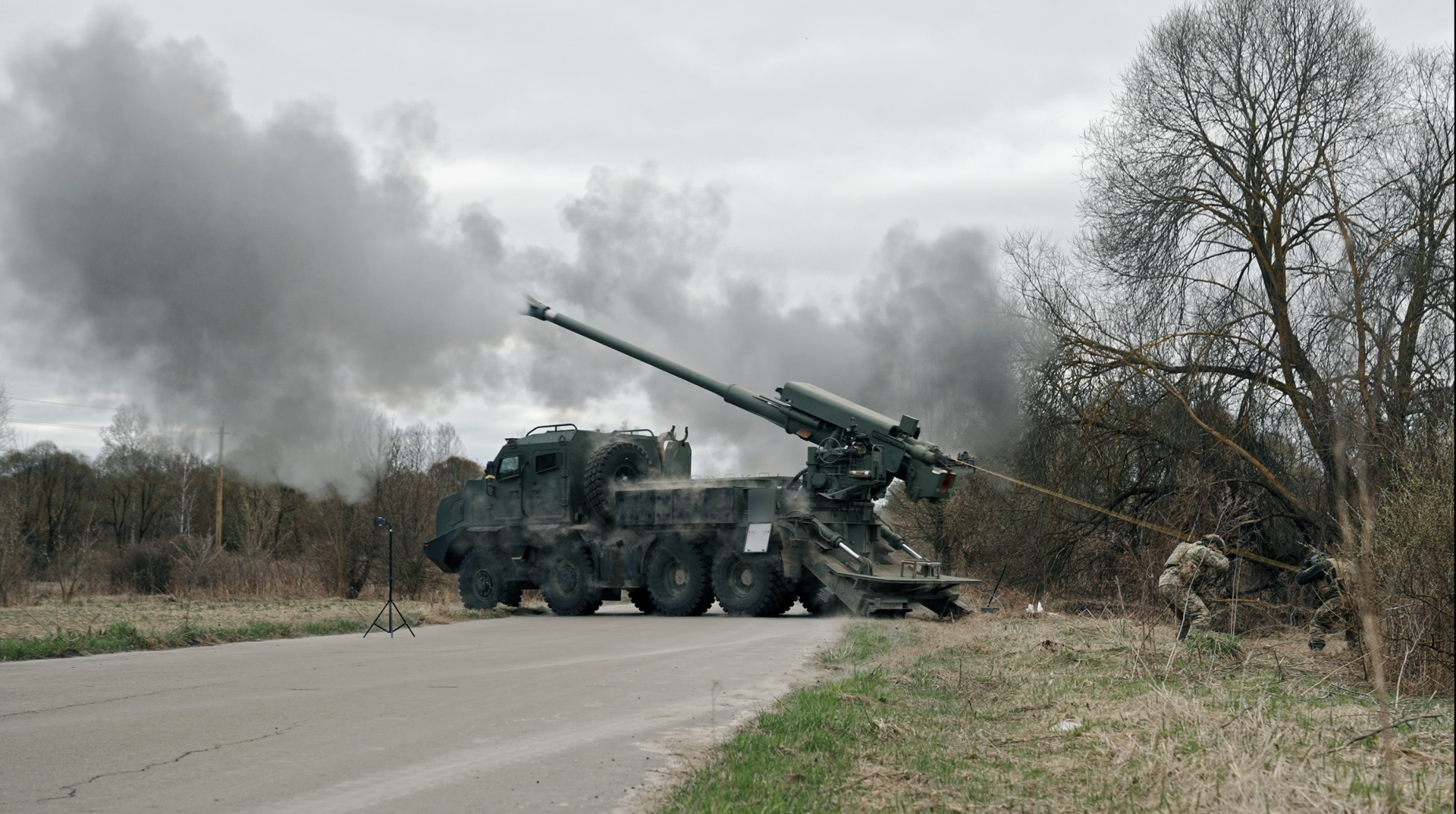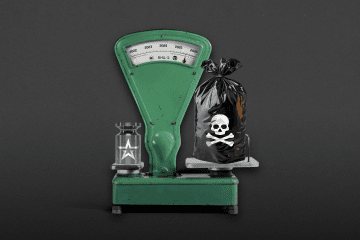- Category
- War in Ukraine
Denmark’s $116 Million Order for Ukrainian Arms: Why It Matters

The Danish government has reaffirmed its strong support for Ukraine’s defense industry with a substantial new order. This initiative is crucial as it aids Ukraine in two ways.
Denmark announced on August 19 a $116 million allocation to support Ukraine. These funds will be used to purchase critical equipment for the Ukrainian Armed Forces from Ukrainian arms manufacturers and international partners.
Denmark has already provided Ukraine with extensive military aid, including its entire fleet of self-propelled artillery systems and a substantial amount of air defense systems. The country is also committed to supplying F-16 fighter jets to Ukraine in the coming years. Denmark has been a steadfast supporter of Ukraine since Russia’s full-scale invasion began in February 2022.
However, supplying weapons is only one aspect of their support. For over six months, Denmark has also been actively purchasing Ukrainian-made weapons directly from local manufacturers. Denmark was the first country to officially participate in such procurement. But why is this important?
Ukraine's expanding defense industry
Ukraine’s defense industry has ramped up significantly since Russia’s full-scale invasion. State-owned companies have begun receiving orders and launching new initiatives, while dozens of companies have emerged within the defense sector. These companies produce drones, unmanned aerial vehicles (UAVs), armored vehicles, demining equipment, mines, and ammunition.
One standout example is the self-propelled howitzer “Bohdana.” Ukraine had only a few units in February 2022, with no established production line. Within two years, Ukraine has become a global leader in Bohdana howitzer production, manufacturing over 12 units each month—a capacity that is rare even among major military producers.
Over 500 companies in Ukraine are operating in the defense sector as of summer 2024. Ukraine annually produced about $1 billion worth of weapons before 2022. This figure had tripled to $3 billion by 2023. The industry has secured orders exceeding $6 billion in 2024, with some contracts extending long-term, allowing for substantial investments in company growth.
The current achievements are impressive, but the potential is even greater.
A $20 billion industry—and growing
Ukraine funds its defense purchases from local manufacturers, while financial aid from international partners primarily supports the social sector. This self-reliance limits the country’s defense spending to the $6 billion mentioned earlier.
However, the sector’s potential is much higher. With full utilization of production capacity, Ukrainian manufacturers could produce over $20 billion worth of defense products annually. The challenge now is securing the necessary funding.
This led to the launch of the “Zbroyari” initiative. The idea is for countries that, for various reasons, cannot provide direct military aid to Ukraine to place orders directly with Ukrainian companies. These contracts allow Ukrainian manufacturers to produce weapons that are immediately deployed to the front lines.
Through this initiative, Ukrainian companies can secure more orders while directly supporting the Ukrainian Armed Forces.
Denmark was the first country to join the initiative in the spring of 2024, placing nearly $30 million in orders with local manufacturers. In June, Denmark continued its support with contracts worth tens of millions of dollars. In July 2024, the country ordered 18 Bohdana howitzers, which were immediately sent to the front lines. In August 2024, Denmark allocated an additional $116 million for contracts with local manufacturers.
The total value of contracts from European partners with Ukraine’s defense sector amounts to approximately $800 million, according to official sources.
Why is this support important?
Directly funding Ukrainian businesses for defense procurement helps Ukraine in both immediate and long-term ways. It provides essential equipment that goes directly to the front lines—a straightforward and clear benefit.
It also bolsters the Ukrainian economy. Companies receiving orders can hire more employees, pay salaries, and contribute to tax revenues. These companies, deeply integrated into the local economy, often purchase components from other Ukrainian businesses. An order for a single Bohdana howitzer, for example, can create jobs for dozens of related companies and numerous workers. This is a case of building a functioning market economy: providing not just money, but jobs that sustain the country’s economy.
Regular orders and long-term contracts also allow manufacturers to invest in research and development (R&D), enhance their products, develop new ones, and expand production lines.
In the future, Ukraine’s defense sector is expected to be a cornerstone of the country’s economic recovery, with foreign orders acting as a catalyst for growth.
-29a1a43aba23f9bb779a1ac8b98d2121.jpeg)




-0666d38c3abb51dc66be9ab82b971e20.jpg)